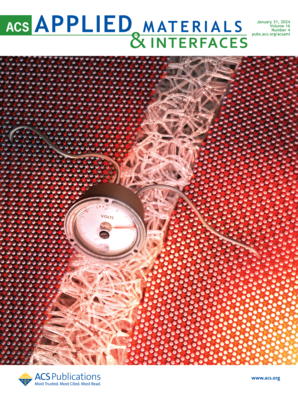Revealing the Effects of Mo Doping to Ni on Catalyzing Hydrogenation of Fatty Acids to Fatty Alcohols
Abstract
Fatty acid hydrogenation is an important method for the production of fatty alcohols. The combination of Ni and Mo has been reported to be an effective and low-cost catalyst. However, the effect of Mo doping has yet to be fully understood. Here Ni-MoOx/TiO2 catalysts were prepared via simple impregnation. and the enhancement effects of Mo doping were comprehensively revealed. First, MoOx can attract electrons from Ni, reduce the electron density of Ni to improve the intrinsic activity of Ni, and form a Niδ+-(MoOx)δ? heterojunction to induce H2 heterolytic cleavage to active hydrogen ions. Second, the reduction of MoOx generates oxygen vacancies, which can absorb C═O of the fatty acid and facilitate the reaction progression. Third, a Ni1–xMox solid solution can be formed, which can increase the hydrogen adsorption quantity and accelerate the reaction rate. Finally, the bond strength of Mo–O is found to be the most optimum that can absorb the fatty acids while releasing the alcohols so as to recover the oxygen vacancies and avoid overhydrogenation. Therefore, high activity and selectivity for the hydrogenation of carboxylic acid substrates to alcohols can be obtained. Under significantly milder conditions (155 °C, 3 MPa H2) the catalyst provided a 98% yield of lauryl alcohol from lauric acid hydrogenation with a low activation energy of 40.1 kJ/mol. This work could provide an insightful understanding about the effects of Mo doping to Ni on catalyzing hydrogenation reactions.





